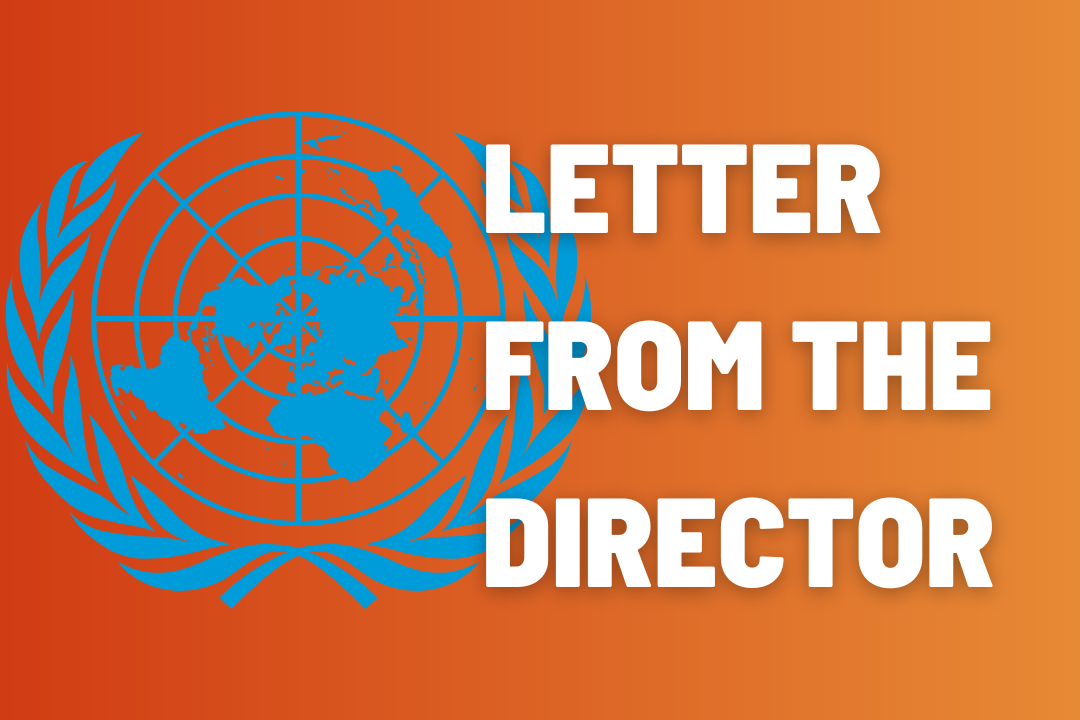The World Medical Association (WMA) is moving towards recognizing obesity as an urgent chronic disease that needs to be addressed. Their recently adopted statement begins by explicitly stating “The World Medical Association recognizes obesity as a widespread, long-term chronic disease and a global concern.” This declaration is a clear call to action for health authorities, policy makers, and health care workers.
The global burden of obesity continues to rise. Without effective and collective action, overweight and obesity will continue to increase globally. The World Health Organization (WHO) has published data showing that as of 2022, 1 in 8 people in the world were living with obesity. Since 1990, the worldwide prevalence of adult obesity has more than doubled and the prevalence of adolescent obesity has quadrupled.
The substantial increases of obesity in lower- and middle-income countries (LMICs) in Africa and Asia are particularly alarming. Many of these countries are facing a double burden of malnutrition as they continue to face high rates of undernutrition and infectious disease, while rates of non-communicable diseases like obesity continue to rise rapidly. The World Obesity Federation (WOF) predicts that the global economic impact of overweight and obesity will reach $4.32 trillion annually by 2035 if prevention and treatment measures do not improve. These costs will devastate LMICs that are facing this double burden.
But there is some good news. Last month, the Global Obesity Forum (GOF) 2025 was held in New York City ahead of the United Nations High-Level Meeting at the United Nations General Assembly (UNGA 80) on Non-Communicable Diseases (NCDs) and Mental Health. These meetings made it abundantly clear that obesity is a growing chronic disease that world leaders need to address. At the side panel events “Accelerating Action Toward SDG 3.4: Putting Obesity on the NCD Agenda”, obesity prevention and treatment solutions were described as essential in addressing the root cause of the global NCD burden. Additionally, throughout the forum, representatives from countries such as Egypt, Greece, and the Philippines all shared the steps their countries are taking to integrate obesity prevention and treatment into policy as a national priority. Acknowledging the need for collective action in a high-profile space like this event is a major step in obesity advocacy.
However, the language surrounding obesity still significantly implies a separation of treatment from prevention as two unrelated areas of concern. Many prominent leaders in the global arena continue to oversimplify obesity, its causes, and the lack of available treatment.

Board member and lived experience advocate of the World Obesity Federation, Amber Huett-Garcia, described to STOP that despite greater interest at this year’s forum compared to previous years, there is still a significant need for access to treatment, not just promoting diet and exercise. She emphasized, “The only way we’re going to make meaningful change is universal access to treatment options that are not just for wealthy individuals in high-income countries”.
The inclusion of obesity on global stages like the UN General Assembly is a step in the right direction. However, we must recognize that there is an urgent need to move beyond talking about obesity to action. Global organizations need to focus on implementing comprehensive and accessible strategies to prevent and treat obesity in response to these rapidly rising rates of obesity.


